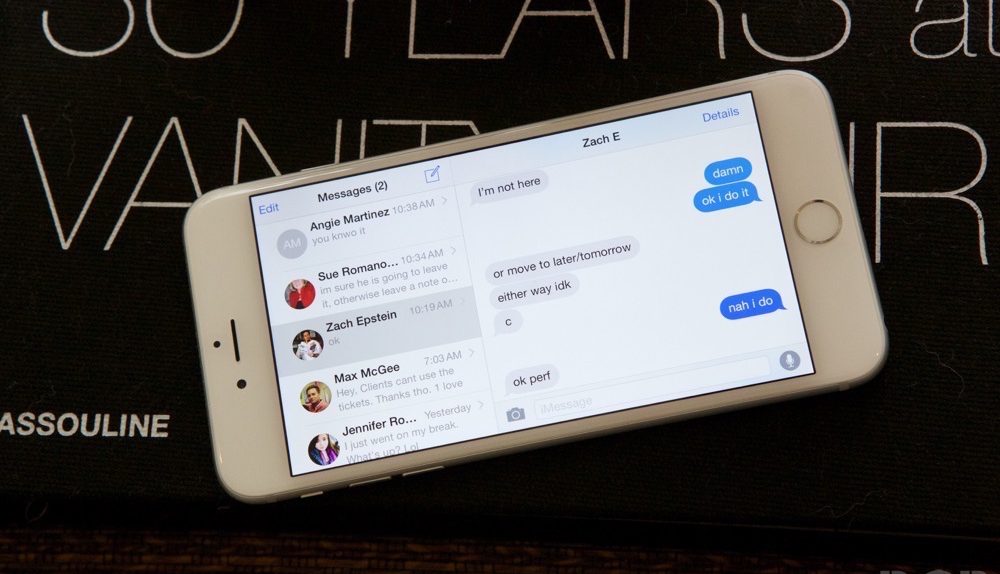Even though Apple already encrypts communication between people who use either its iMessage messaging system or FaceTime video calling app, that’s only going to stop others from tapping into one’s private conversations. But that might not be enough of a protection measure third-parties obtain access to someone’s Apple ID account, which also opens doors to iMessage and FaceTime snooping, among other things.
DON’T MISS: The 4 funniest British responses to David Cameron’s boneheaded attack on encryption
That’s why iPhone, iPad and Mac users who rely on either iMessage and/or FaceTime apps on a regular basis for talking to family and friends should be happy to hear that Apple on Thursday has turned on a second security feature for them, one that’s already available for iTunes and iCloud, assuming they’re interested in two-factor authentication features for their apps.
Henceforward, iMessage and FaceTime are both protected by two-factor authentication, meaning that third parties who gain access to your Apple ID user and password will not be able to gain entry into either app on a new device as long as they don’t also have access to your smartphone.
With two-factor authentication enabled, users will have to also enter a second code when logging in, either in iMessage or FaceTime, alongside the regular password. The code is sent via a regular SMS message to the number or numbers associated with your Apple ID account.
In order to enable two-factor authentication on iMessage and FaceTime, you should check out Apple’s handy guide and FAQ at this link and head on over to this Apple ID page to get things started. Also important is getting and securing your Recovery Key that comes with two-factor authentication activation — this extensive report explains what happens when this extremely sensitive piece of information is lost in case someone tries to use your Apple ID on other devices.
Naturally, if you already have two-factor authentication turned on, your iMessage and FaceTime conversations should also be protected.




